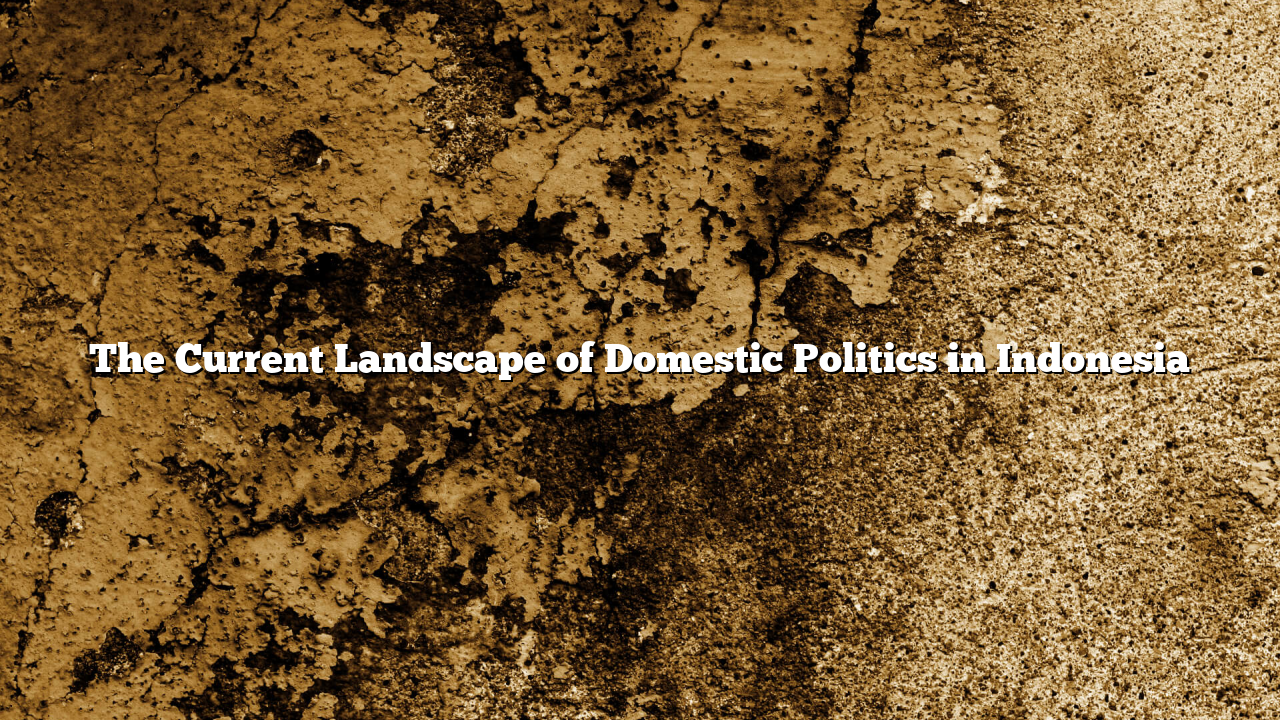Indonesia, the world’s third-largest democracy, continues to experience dynamic political developments shaped by both long-standing traditions and modern challenges. Domestic politics in the country reflects a complex balance between democratic consolidation, social transformation, and economic growth. With a population exceeding 270 million people and a diverse cultural landscape, political maritim4d decision-making in Indonesia often involves accommodating a wide range of interests and perspectives.
One of the defining features of Indonesian politics is its multiparty system. Unlike countries dominated by two main parties, Indonesia hosts dozens of political parties, though only a handful secure significant representation in the national parliament. This system encourages coalition-building, as no single party can typically secure a majority on its own. Coalitions often form based on pragmatic considerations rather than purely ideological alignment, reflecting the flexible and consensus-driven nature of Indonesian political culture.
At the center of Indonesia’s political system is the presidency, a role that carries significant power in both domestic and international affairs. Recent administrations have focused on improving infrastructure, reducing poverty, and fostering economic competitiveness in the global market. However, presidents often face the challenge of balancing development priorities with concerns about environmental sustainability, corruption, and social justice. Domestic politics thus becomes a negotiation between ambitious policy goals and the practical realities of governance in such a vast and diverse nation.
Another crucial issue in Indonesia’s domestic politics is decentralization. Since the early 2000s, the government has transferred a substantial degree of power to regional authorities. While this move has strengthened local democracy and increased regional representation, it has also introduced new challenges, including corruption at the local level and uneven development across provinces. Local leaders often play influential roles in national politics, as they control large constituencies and wield significant electoral power.
Religion also plays a substantial role in shaping political discourse. As the country with the largest Muslim population in the world, Indonesia’s political landscape is often influenced by religious sentiment. While the state officially recognizes six religions and promotes the principle of “Pancasila” (the national ideology that emphasizes unity in diversity), debates around morality, identity, and religious freedom remain politically significant. Domestic political actors frequently navigate sensitive issues such as religious tolerance, minority rights, and the role of Islamic values in governance.
Civil society and youth movements have increasingly influenced political life in recent years. With widespread access to social media, Indonesian citizens, especially younger generations, have become more vocal about issues like corruption, environmental protection, and human rights. Protests and digital activism have pressured the government to be more transparent and accountable. At the same time, the rise of misinformation online poses risks to democratic stability, highlighting the need for better digital literacy and regulation.
Corruption remains one of the most persistent challenges in Indonesia’s domestic politics. The Corruption Eradication Commission (KPK) has made significant strides in uncovering and prosecuting cases involving high-ranking officials, yet systemic corruption still undermines public trust in political institutions. Strengthening the rule of law and ensuring independent oversight are critical for sustaining democratic governance.
Looking ahead, Indonesia’s domestic political future will likely hinge on how well leaders address the country’s key challenges: managing rapid urbanization, ensuring equitable development, maintaining religious harmony, and safeguarding democratic institutions. As a rising power in Southeast Asia and an influential member of the G20, Indonesia’s domestic political stability is not only vital for its own citizens but also for regional and global dynamics.
In conclusion, the state of domestic politics in Indonesia is marked by both opportunities and difficulties. While the nation has achieved significant progress in democratic consolidation since the fall of authoritarian rule in 1998, it still faces the ongoing task of deepening institutional integrity, promoting inclusivity, and adapting to modern political challenges. The coming years will be decisive in shaping whether Indonesia can continue to strengthen its democracy while meeting the aspirations of its diverse and dynamic population.
